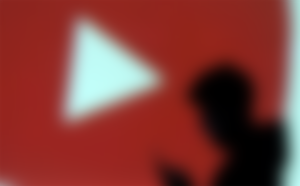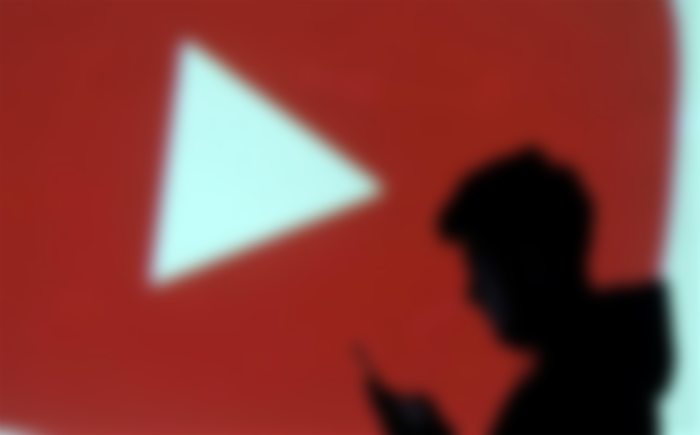You tube was founded in February 2005 by Chad Hurley and Stephan Chen and Jawed Karimvsi, former employees of the Paypal payment platform.
Google bought YouTube almost fourteen years ago, and only a few days ago it made it public for the first time, in fact it was forced to do so by how much money the most visited video portal spends on it each year. Not a little.

YouTube brought in $ 15.1 billion into the coffers of Alphabeta, the parent company into which Google restructured in 2015, by selling advertising space alone last year.That’s nearly ten percent of all Google or Alphabet revenue in 2019, or more than ten percent, if we add about the $ 3 billion that YouTube generates from subscriptions to access the platform’s premium services.

YouTube claims that it invests more then half of its advertising revenue back into the community,that is,among those who crate videos and post them on YouTube.The autors of more watched videos ,of course,get a relatively larger share of advertising money.
YouTube is introducing a big change that many will hate
YouTube is changing the terms of use slightly, which we’ll most likely feel in the first place in the significantly increased number of ads running before the videos play. For more than a million viewers, the new rules will almost certainly get on the nerves of video creators.

The revised YouTube policy is already in force in the United States, and elsewhere in the world, we will feel the novelty in the middle of next year.
Change is simple. From the entry into force of the new Terms of Use, YouTube will run ads before all videos are played, even if their creators do not want them to.
For viewers, this will be an additional nuisance, as they are very likely to have to skip ads or view them even more often.
However, those video creators who are not members of YouTube's Ad Revenue Sharing Partner Program will not only lose some control over their videos, as they will be literally forced to run ads, but will also not receive money from advertising in their videos.
Smaller content creators will be able to take advantage.
Judging by the responses on social media, many YouTube users, who are also content creators, are quite dissatisfied with the changed policy.
This is mainly complained about by owners of smaller channels who do not meet the criteria to join the affiliate program, but YouTube will now place ads in front of their videos and collect 100% of all revenue, and owners of larger channels who simply did not want to show ads in their videos.
There is, of course, no dilemma for YouTube.
From YouTube's point of view, the main arguments for changing the terms of use or for showing ads on all videos are crystal clear.
They can afford the so-called monetization right, as Google, which owns YouTube, because it offers content creators a platform that allows them not only to upload content for free, but also instant potential access to all viewers on the planet, and because there is no real alternative to YouTube at the moment.
Photos in this article are taken from google.com.

Thank you for reading my article.
I wish you Happy Friday and greetings for all from @Purebeauty.




My everyday most time to watch video is YouTube and most time if me want know obut samthing me watch YouTube